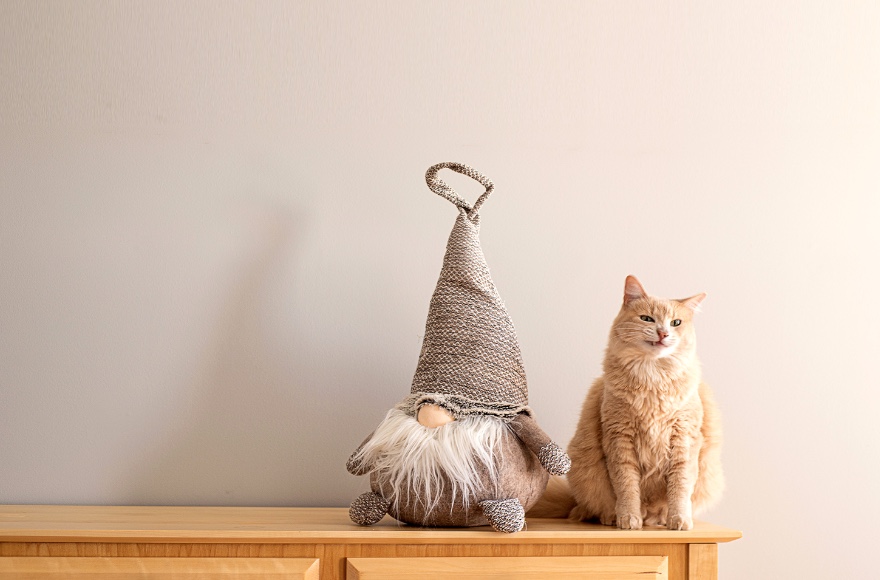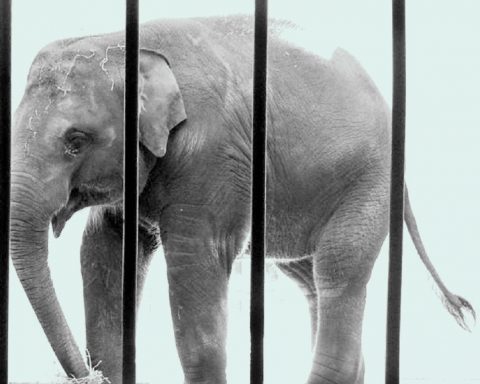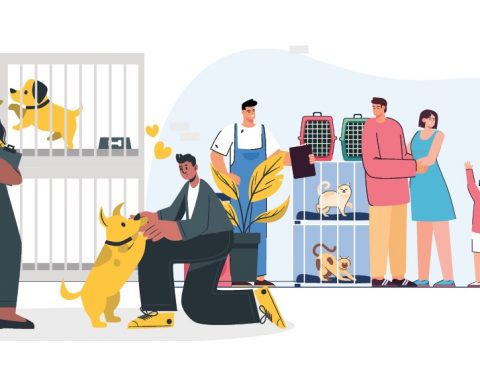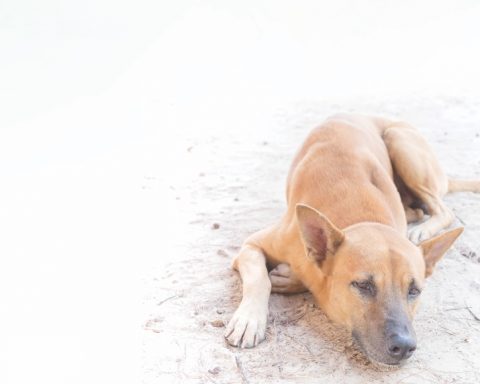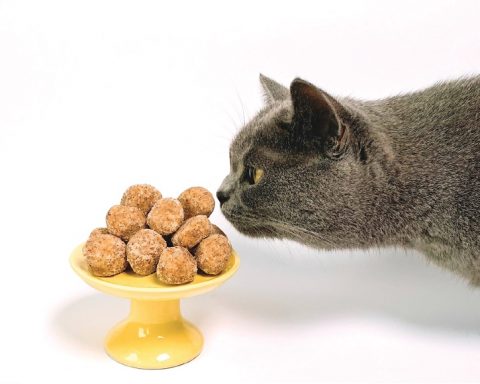CARING FOR YOUR ELDERLY CAT
Pet cats can live to a ripe old age, with better awareness of diseases and good use of prophylactic medication we can possibly get your feline to live that bit longer so that you can enjoy its kneading on your bed sheets and the morning wake up call for an extended period.
As with all illnesses/diseases the sooner the condition is diagnosed then the better the prognosis and the more effective any medication will be. Sometimes only the smallest physical or behavioural change can be an indication that some organ is not quite functioning at 100%.
These are the most common symptoms that could indicate that something is not quite right:
•
A slight increase in drinking and
urination, polyuria/polydipsia
• Weight loss or gain
•
Abnormal behaviour, e.g defaecating outside litter box, increased vocalisation
• Decreased vision
• Difficulty eating
Different illnesses can cause several of the symptoms described above, so a visit to the veterinary clinic is essential. It is our job to get you an accurate diagnosis, your pet could be suffering from renal disease, high blood pressure, diabetes , liver failure , etc , thankfully at the clinic we have a complete selection of diagnostic tools to help get your cat diagnosed rapidly and effectively . The sooner treatment is started the better the long term prognosis, we have had cats living well into their 20s thanks to this.
What should you feed your elderly cat?
Cats thrive on diets that are high in moisture (canned or fresh), relatively high in meat protein and fat, and balanced in essential minerals and nutrients. Pet food manufacturers and nutritionists rely on the specific research in formulating commercial diets and all brands are quite similar in their nutrient analysis. Cats do not, by nature, thrive on carbohydrates or plant-derived proteins.
Don’t feed your cat generic or house brand because their low price dictates that their ingredients be low quality. Mid or average priced cat foods tend to have better quality ingredients and most brands market top-of-the-line premium formulas that are likely to be a bit better. Those are the brands I suggest.
Should I Feed A Diet Formulated Especially For Senior Cats?
Based on research, most “senior diets” have increased amounts of vitamin D and B6, calcium and fiber, with some added antioxidants and omega fatty acids thrown in for good measure.
Older cats do seem to have a reduced ability to digest fat and protein. Studies found that 50% of cats 15-25 years old are underweight. Perhaps that is due to their reduced sense of smell and taste, decreased intestinal absorption, bad teeth or a side effect of one of the common chronic diseases of older cats. Several of these “Senior Diets” have fewer calories than those marketed for midlife. Be careful about using those if your cat is already thin.
If your elderly cat has a tendency to constipation, the extra bran fibre might be helpful. If you believe in the protective power of antioxidants, you should see to it that your pet receive them for its entire life. If your cat needs added fibre because it has diabetes, the added fibre might be helpful, however their senior formula is too high in carbohydrate for that use. Their increased glucosamine might help old cats that have arthritis. But the amount they consume will be less than with many joint supplements.
So, if you plan to offer your cat dry diet, a “Senior Formula” is a good food. But there is not much science to back up the slight formula modifications that have been made.
Another problem with “senior” formulas is their one-size-fits-all caloric content. Many older cats tend to be too chubby until they reach about 12 years of age. After that, many become too thin. Some gain or lose too much weight somewhat earlier or later. Overweight cats need a diet formula that is less caloric while underweight cats need just the opposite.
MY CAT HAS STOPPED EATING, SHOULD I PANIC
The simple answer to this question is yes.
Cat’s metabolism is totally different to dogs; they cannot go more than 3 or 4 days without eating, especially if they are obese/overweight at the start.
A cat that does not eat for a few days is prone to developing fatty liver, a potentially fatal disease if not diagnosed early and if not treated aggressively. This is a condition commonly seen in the elderly obese cat that may go off its food for another problem (but can affect cats of any age), but the anorexia then results in the liver developing serious disease.
In summary your elderly feline may require a lot of tender loving care as the years progress, be aware of any small changes in behaviour or feeding habits etc as they may be a warning that not all is well. We are now running a Senior Wellness Plan for our older patients at the Gibraltar Veterinary Clinic. With advances in veterinary care we are able to help the older sick animal but the earlier the diagnosis the more we can do.
For more information please phone Gibraltar Vetinary Clinic on
200 77334

